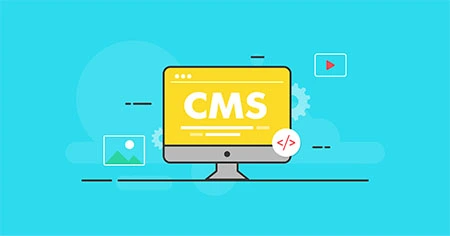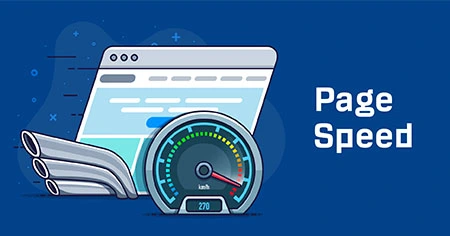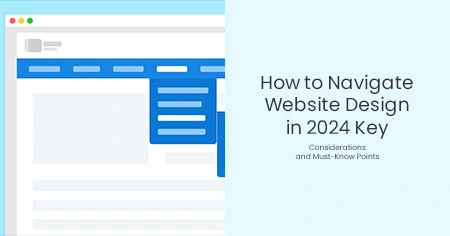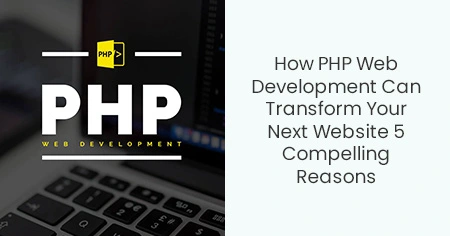When someone visits your website, you only have 2.6 seconds to grab their attention. With 38.5% of users leaving a website with an outdated design, bad web design can lead to high bounce rates and missed opportunities.
This year, we've significantly shifted toward minimalist layouts, prioritizing content clarity and navigation ease. Using bold typography and exciting, vibrant colors to create engaging and memorable experiences is rising. Furthermore, accessibility remains a top priority, with designers implementing WCAG (Web Content Accessibility Guidelines) to make websites usable for everyone, including those with disabilities.
If you're considering Navigate Website Design, it's a significant step that requires careful planning and execution. This article will discuss the Key Considerations and Must-Know Points to ensure a successful Philadelphia web design.
Key Considerations and Must-Know Points to Navigate Website Design in 2024:
- Audit Your Existing Site and Create a New Sitemap

Thoroughly evaluate your current website before making changes. Look at site architecture, page load times, forms, navigation, product/service pages, and more. Identify what's what's well and what needs improvement. Create a new sitemap that reflects how you want users to navigate and find information on the redesigned website. Create a new sitemap outlining how you want users to navigate and find information on the redesigned website. Make sure the information architecture and navigation schemes make sense. Bonus tip: Include email capture (via a popup window or email signup in the footer of your website template) to grow your email list.
- Optimized for Google and other search engines
SEO and user-friendly website design have always been paramount in search engines for displaying relevant
results upon a search. Aside from the loading speed, voice search, AI, automation, AR/VR,
mobile-responsive designs, and better overall user experience, several other factors in the SEO and PPC
domains are expected to dominate the digital market.
For instance,
- Google'Google's Search Geometric Embedding
- Google'Google'sthm updates
- Generative AI that uses machine learning
- SMX Next, and
- Mobile-first Indexing
- Address User Interface and User Experience (UI/UX)

The websites should be a top priority. A well-designed user interface should be both aesthetically pleasing and intuitive to use. UX considerations should prioritize making the user experience seamless and enjoyable. A good user experience leads to higher search rankings. Bonus tip: consider incorporating a chatbot to streamline sales and customer service.
- Original and Engaging Content That Keeps On Coming
There is nothing more intriguing than original and fresh content that keeps coming. It is the primary reason why existing customers return to a website in the first place. Nobody wants to watch the same thing over and over.
In 2024, engaging content will include text articles and relevant storytelling, as well as non-textual content like short clips, shorter texts, numerous photos, and a variety of multimedia.
- Enhance visual design

A visual refresh can help modernize the site's look and feel. Explore new color schemes, branding elements, fonts, and layouts. Strive for a balance between aesthetics and usability. Investigate new colors, technologies, and messaging to keep the visual language fresh, current, and relevant.
- Top-notch Security Plus High-End Maintenance
Since modern websites contain so much personal and valuable information about the company and its users, there is an unprecedented need to ensure their security in all areas.
The Philadelphia web design company focuses on website protection through authentication, blockchain integration, and advanced encryption. It provides proper social proof of the business or brand identity to improve financial transactions and web security for privacy.
- Select a content management system

Selecting a platform can take time and effort, depending on your industry, company budget, size, and objectives. The more robust the CMS, the more customization and site speed options are limited. The slower the website is, the less Google favors it, as it creates a lackluster user experience. WordPress is one of today's most popular, SEO-friendly, and scalable web platforms. It is an excellent starting point for small and medium-sized businesses, but global corporations also use it.
- Focus on Page Speed

A fast-loading website is critical for both SEO rankings and user satisfaction. Employ content delivery networks (CDNs) and Compress images, and utilize browser caching to optimize page load times. Regularly test and optimize images, caches, scripts, servers, and code to improve load times. Http/2 and a content delivery network can also help with speed.
- Develop a URL Migration Strategy
Set up 301 redirects from old to new URLs for all top pages to maintain traffic and search ranking. Use a crawler to find broken links and orphaned pages. Systematically migrate content. To capture any orphaned pages, create a custom 404 error page that uses a branded template and redirects humans (and search engine spiders) back to the new site structure. Create a link reclamation strategy to detect orphaned (404 error) links on third-party websites and contact them to suggest an updated link to mitigate the negative impact on domain authority.
- Create a backup and recovery process
Backup your website regularly to avoid data loss in the event of an error. Have a backup plan in case your website needs to be restored quickly. Backup the existing site during development and keep it for reference as long as possible, as context is important even long after launch.








